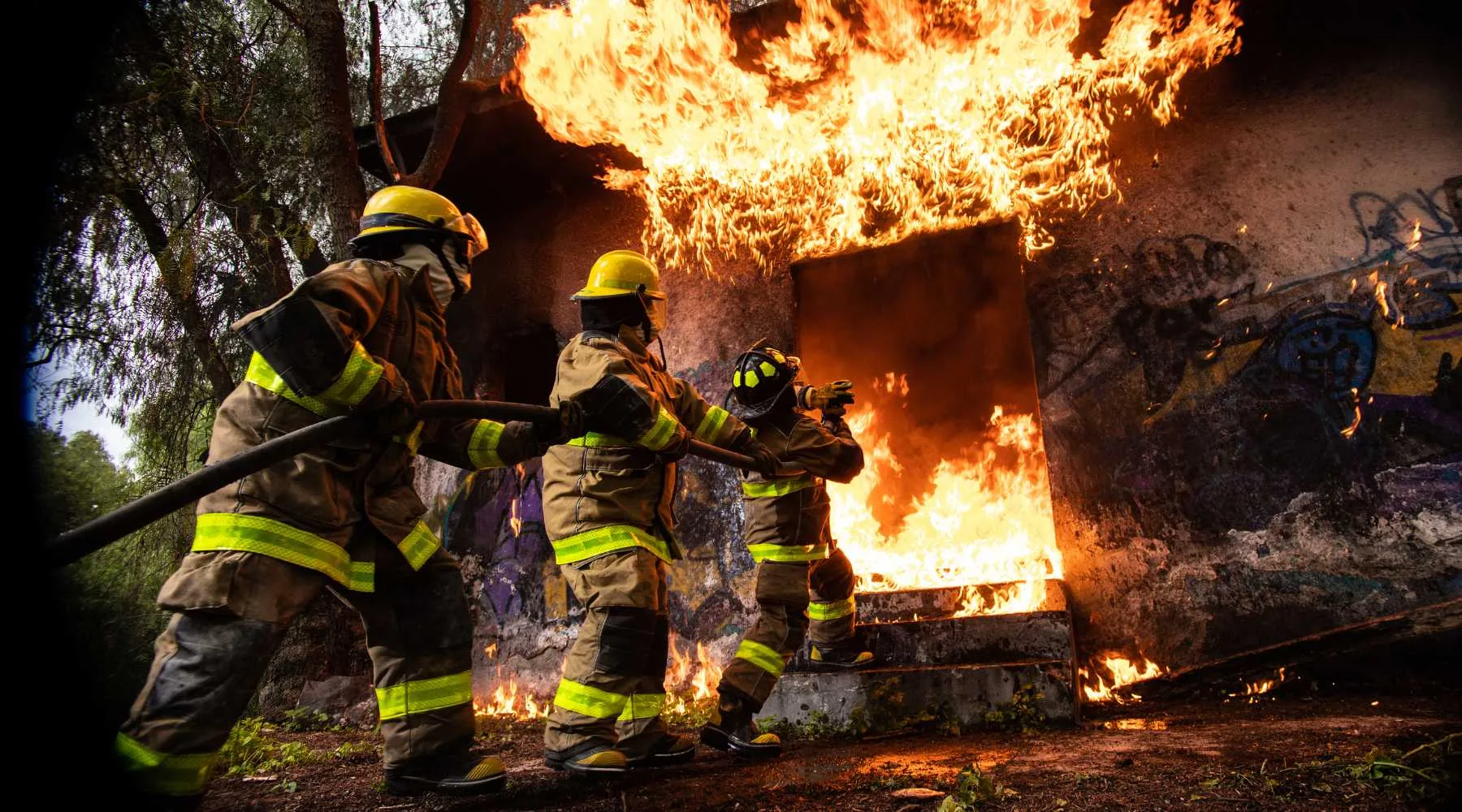Yes, the LA fires could happen here. Is your insurance up to date?

The historic LA fires should be a wake up call for anyone in a fire-prone country. That includes Australia.
Australians are no strangers to fire. I remember being in North America and seeing smoke from the Black Summer bushfires in 2020, tearing through my home on the other side of the world.
But as time goes on, we forget. It could be complacency, or it could be our bodies protecting us from trauma.
In any case - the incredible destruction caused by wildfire in Los Angeles is a wake up call to every Australian. Fire is still a real and ever-present threat in our lives.
Worst case scenario, or simply inevitable?
The California blazes seemingly had everything, everywhere go wrong, all at once. It was dry, windy, and in hilly terrain where the wind could push the fires uphill quickly. Proximity to homes may not have helped the blaze spread, but it guaranteed the fires would be as destructive as possible.
But these fires happened in the US winter, just after Christmas. Sure California's weather is always mild, but it could've been worse.
Writing for The Conversation, fire science professor David Bowman said the fires shouldn't come as a massive surprise.
"All of these things aren't unexpected. We know fires are burning faster and hotter and quicker, and fire seasons are getting longer. The environment is being primed by climate change and we know there are limits to fire suppression.
"So, we knew these things were going to happen – but it is still so confronting when they do."
Another blaze down under?
Closer to home, Aussies have seen several 'once in a lifetime' fires in the last 20 years. A Finder survey found 68% of people were specifically worried about the impact of extreme weather this summer, especially that of heatwaves and fire.
And Vivien Thomson, a 38 year veteran rural fire fighter, reckons they're right to worry.
"It's always on the cards if conditions are right. With drought and hot north-westerly winds a fire will move a long way.
"Back in 2003 in the ACT the fires traveled 20km in 40 minutes, including a few kilometres into the suburbs. In Sydney the 1994 Jannali fires burnt through several suburban streets."
But there's a silver lining - after almost 40 years of fire fighting, Thomson says things are improving.
"I think we've gotten a lot better. Fire fighting is more professional, we understand the science more, and building standards have changed.
"It's a lot better than what we used to be 38 years ago when I started fire fighting."
Is your home insured against fire?
If you're reading this, I hope you can think of the LA fires as a reminder to get your preparations in order. This includes your standard bushfire preparations, but it also includes reviewing you home insurance.
You need to have your insurance in order before extreme weather kicks off in your area. That's means you need to review your cover now, not later.
Unfortunately, there are a lot of Australians going around without home and contents insurance. Maybe worse, about a third of Aussies are estimated to be underinsured. That means they think they're covered, but won't be if they need to make a claim. This is generally because the value of their home, or the cost of home replacement, has gone up since they last renewed their cover.
We're already starting to hear horror stories of Californians not being covered by insurance. There are ways to prevent becoming like them.
Preparing for the worst
Here are the steps I would be taking if I was worried about my home in the aftermath of the LA fires. I would take them as soon as I finished reading this article.
- Check your home insurance policy: Confirm that you're covered for fire - or any other event you're worried about. Also check that your home is insured for the correct amount - chance are you'll need to revise the value of your home or contents if you haven't checked it in a while.
- Compare other products: Home insurance premiums have gone up a lot in the past year - extreme weather is a big part of that. Get the best price by making sure the premium you're paying is competitive. You can switch to a new insurer or use an alternative quote as leverage to negotiate a better rate with your current insurer.
- Call your provider: Insurance companies may not have your best interests at heart, but it's in their best interest to make sure you're on the right policy. If you're worried about any part of your policy, give them a call to confirm that it will cover what you need covered.
Sometimes, these steps might lead to you pay a slightly higher premium, especially if you can't find a cheaper quote, or if you haven't updated your policy for a few years. Don't let this scare you - the cost of living crisis is real, but the downsides of your home being underinsured is far too big to risk.
And remember, insurance buys you peace of mind. Being financially protected is good by itself, but it also gives you the chance to rest easy, and focus on the more fun things in life.
Sources
Ask a question
